These are officially the worst social media platforms for your mental health
Time for a digital detox
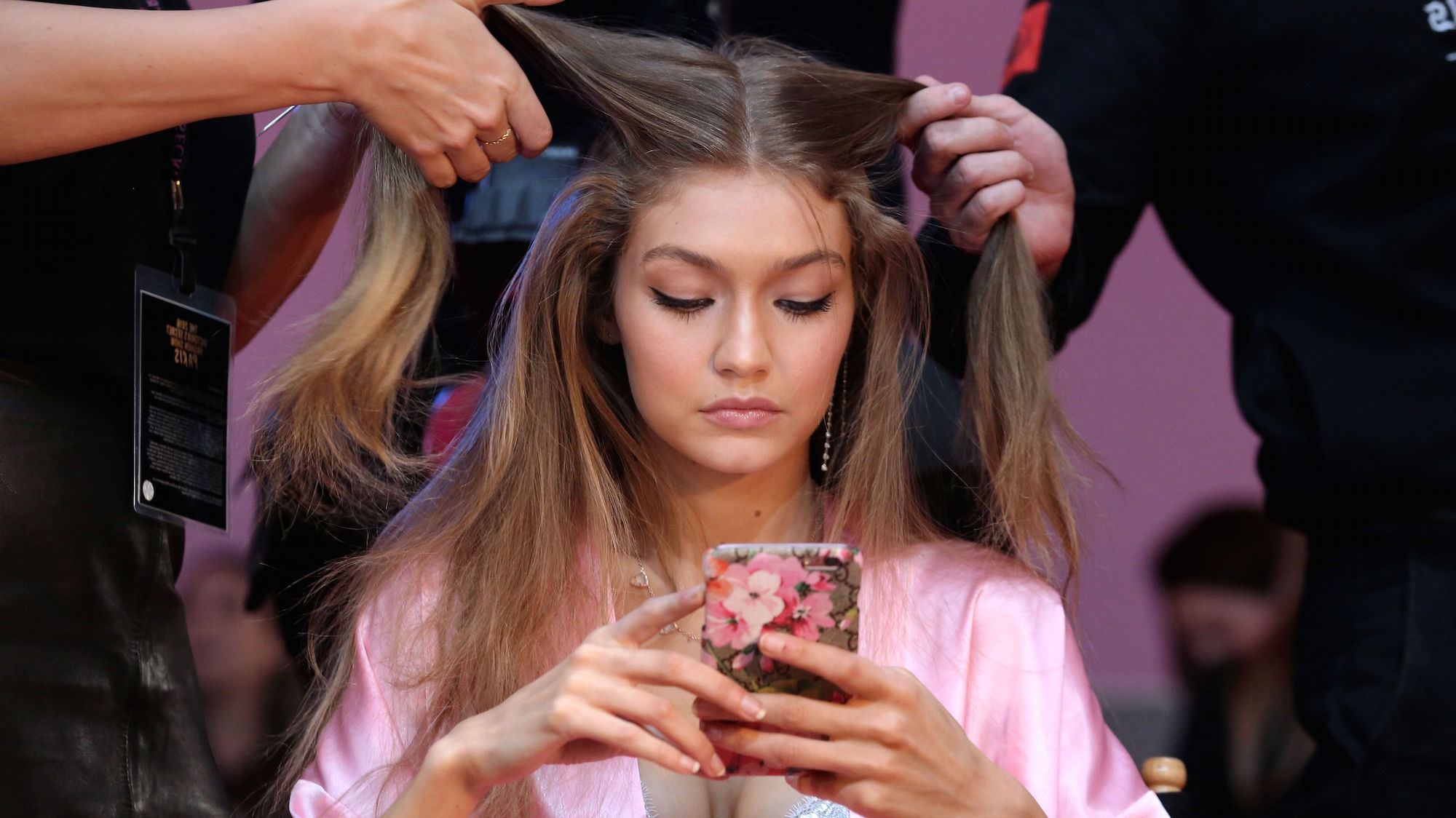
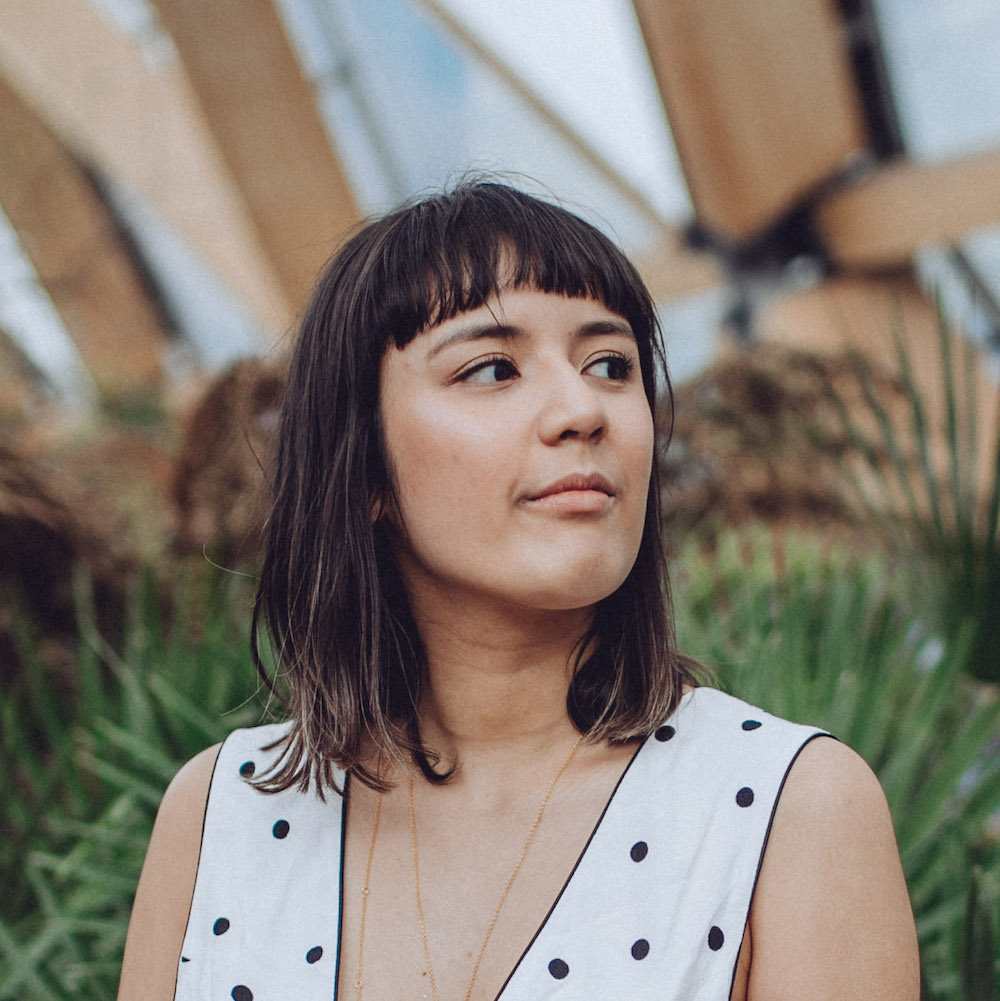
Time for a digital detox
You’d be hard-pressed to find somebody who isn’t on social media nowadays, as everyone from your little brother to your nan at least has a Facebook account. Hooking into the internet is just a way of life now, however according to new research it could be to the detriment of young people as the worst social media apps for mental health have been named.
The Royal Society for Public Health's #statusofmind campaign surveyed young Britons about the effects of social media on their wellbeing. Over 1,400 14-24 year olds were interviewed and the results were a little dark, as the study concluded that social media was 'more addictive than cigarettes and alcohol' and correlated with Britain's 70% increase in young people with anxiety/depression over 25 years.
Instagram and Snapchat were officially the worst culprits. The primarily visual platforms were shown to most negatively affect perceptions of body image (9/10 women admitted they were unhappy with their body) as well as anxiety and sleep deprivation. FOMO, or the fear of missing out, was also a factor in the study and young people admitted that both platforms also contributed to their anxiety about being excluded from popular social events.
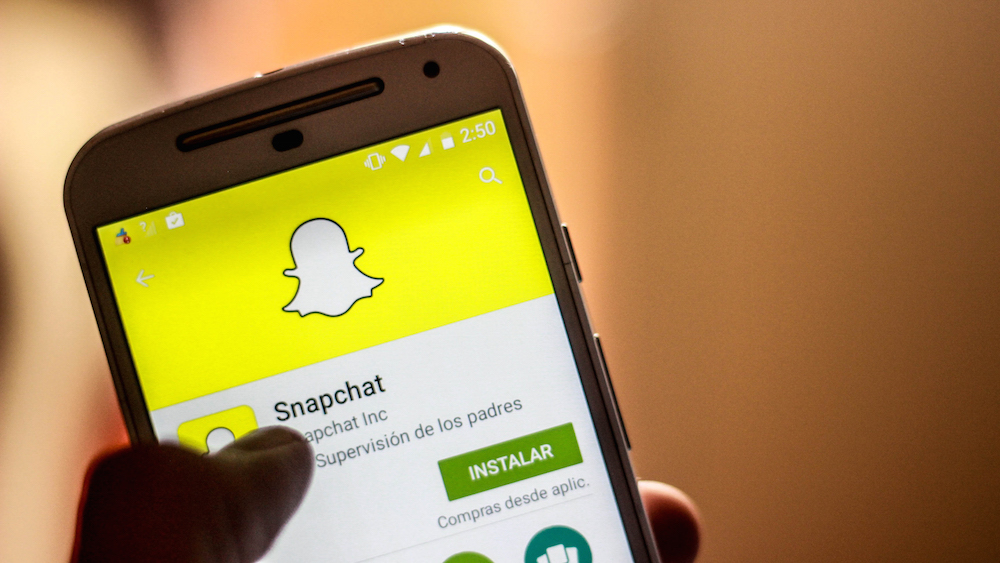
It wasn't all bad however, as the results also found that social media had the potential to 'improve people’s access to other people’s experiences of health and expert health information'. A number of YouTubers have already started the ball rolling on that front, with British users like Charlie McDonnell and Lucy Moon opening up about their struggles with depression and alcoholism respectively.
In fact, YouTube was identified as having the most positive impact on its audience with the highest instances of mental health awareness and supportive communities. As one of the most accessible platforms, it also helped ease feelings of anxiety, depression and loneliness and was viewed as one of the best places for self-expression and self-identity.
The study didn't stop there however and provided suggestions for how social media could be improved to negate nasty side effects. Some of them included creating in-app heavy usage warnings, introducing social media awareness classes at school, flagging when photos are heavily edited and also creating technology that would automatically identify and help users struggling with mental health issues.
Marie Claire Newsletter
Celebrity news, beauty, fashion advice, and fascinating features, delivered straight to your inbox!
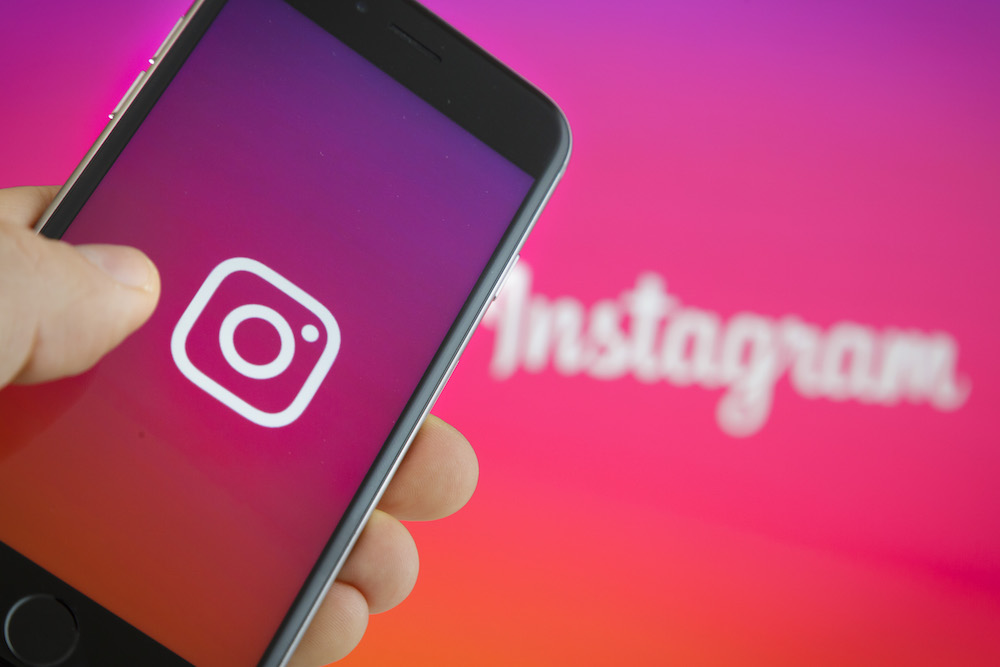
Instagram has actually recently taken steps towards these new suggestions. Last year, they introduced a feature where people can flag users they think are struggling with mental health issues. The app then forwards information about relevant mental health support hotlines, contacts and tips to support the user.
Shirley Cramer CBE of the Royal Society for Public Health said, 'Social media has become a space in which we form and build relationships, shape self-identity, express ourselves, and learn about the world around us; it is intrinsically linked to mental health.'’
For those struggling with mental health issues, the Samaritans provide 24/7 support on their hotline 116 123 and can also be emailed at jo@samaritans.org.
Megan is a freelance journalist who covers entertainment and all things lifestyle, with a particular passion for fashion, beauty, travel and Keanu Reeves stories. She has previously worked on staff for titles including Marie Claire UK, CNN Style and The Evening Standard and has written for titles such as Bustle UK, Wallpaper*, Forbes and Hong Kong Tatler. She splits her time between London and her hometown Hong Kong, where she currently lives with the love of her life - an elderly dog named Poppy - and her husband.
-
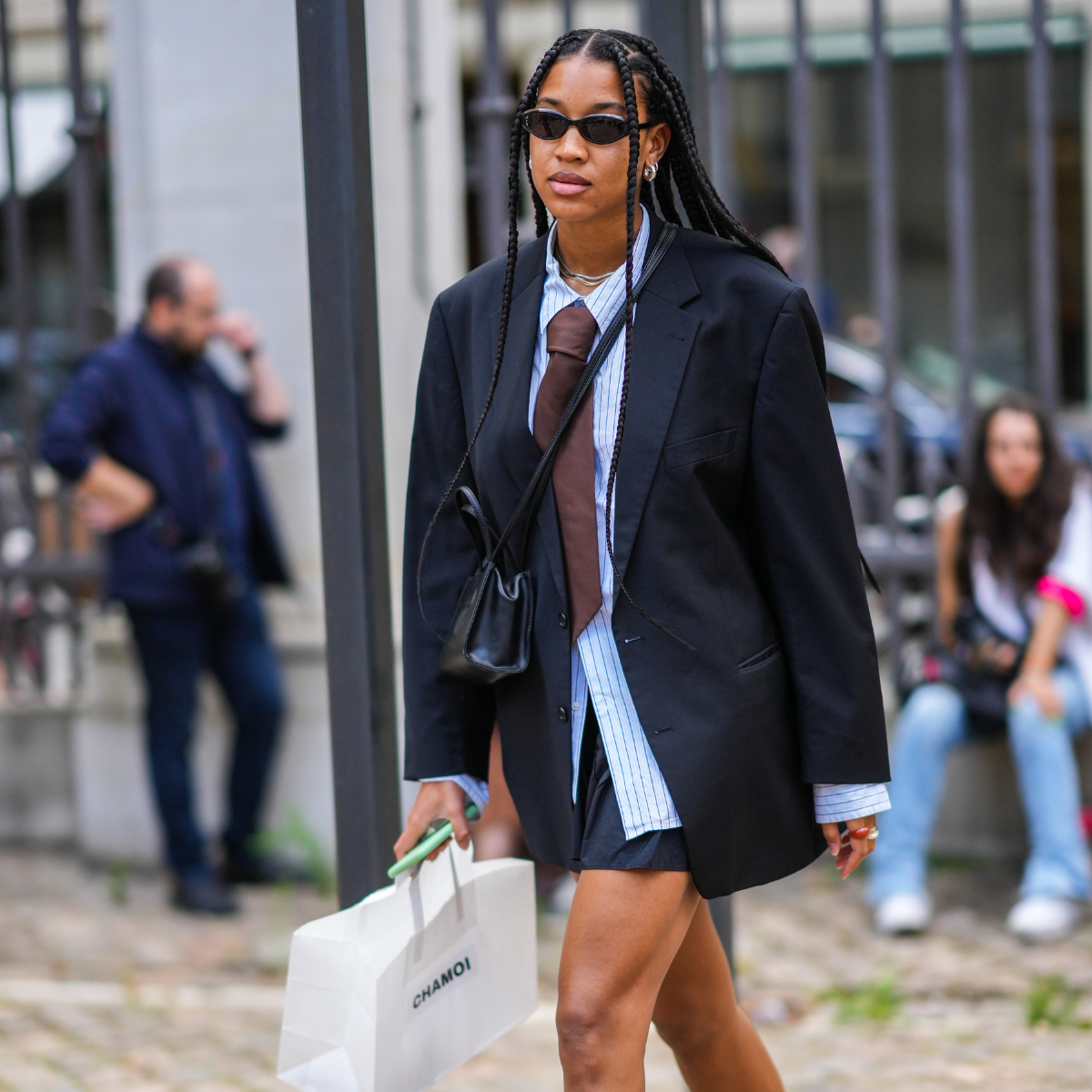 Ties are the unexpected cool-girl accessory to invest in this season
Ties are the unexpected cool-girl accessory to invest in this seasonSchool is in session
By Sofia Piza
-
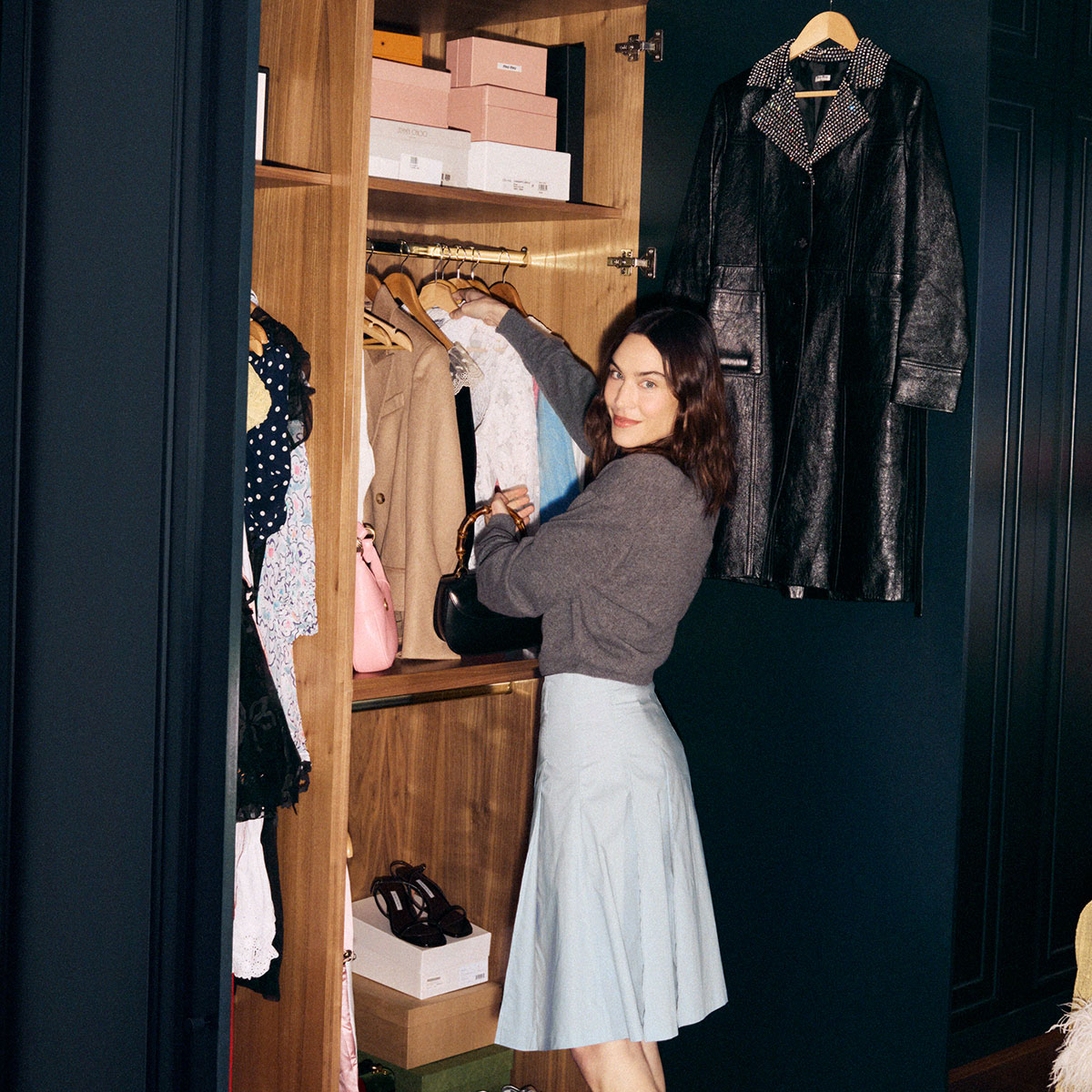 This is not a drill: you can now shop Alexa Chung's actual wardrobe on Vinted
This is not a drill: you can now shop Alexa Chung's actual wardrobe on VintedOwn a piece of sartorial history
By Penny Goldstone
-
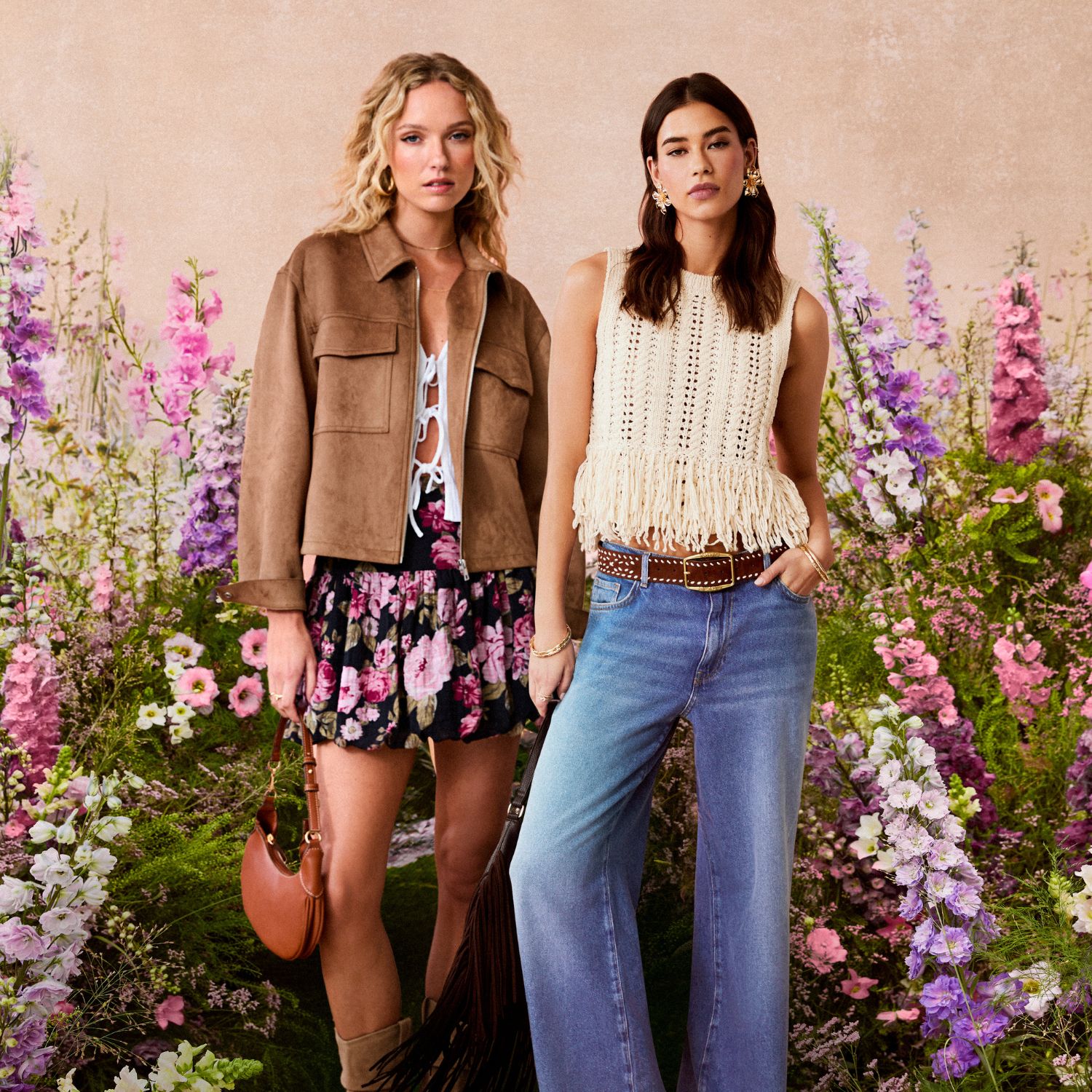 New Look’s spring collection has dropped—as a picky fashion editor, I’m seriously impressed
New Look’s spring collection has dropped—as a picky fashion editor, I’m seriously impressedSpring trends at affordable prices
By Jazzria Harris